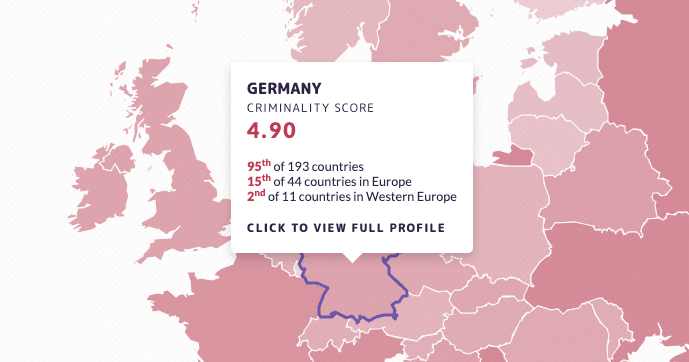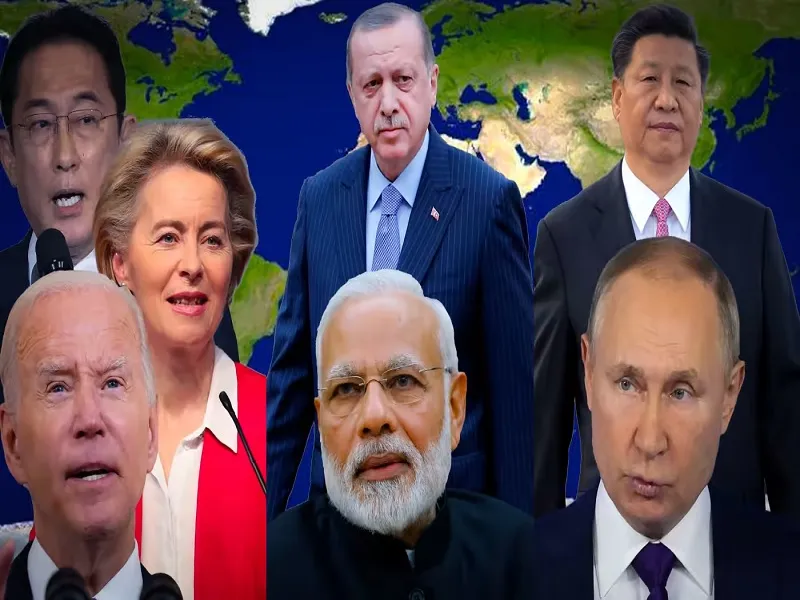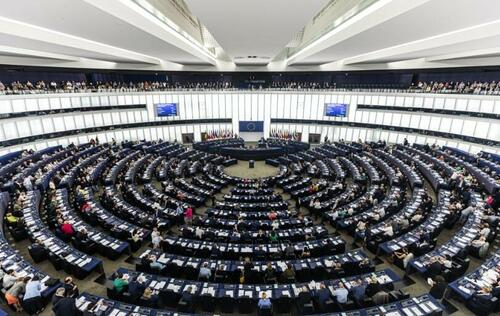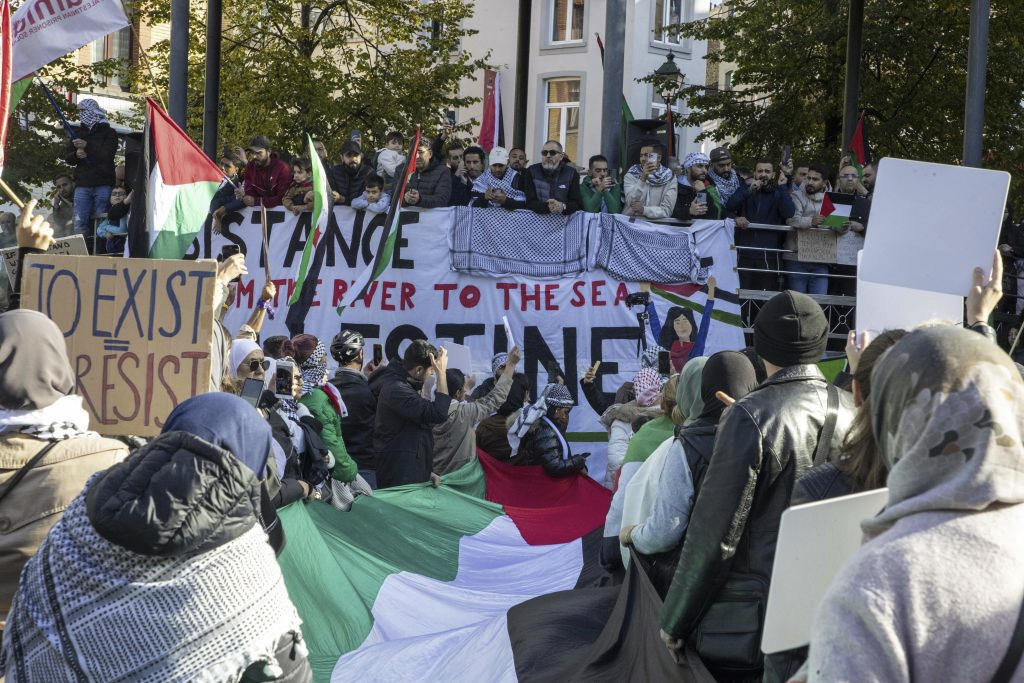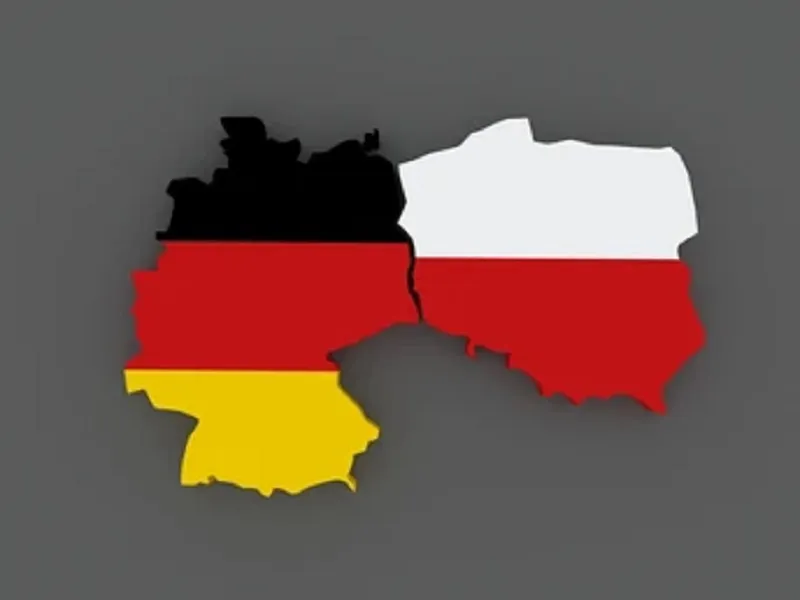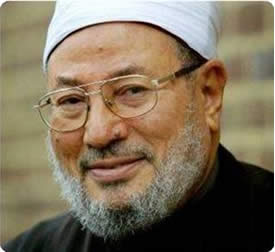Refutation Of Samuel Huntington’s Use Of ‘Resurgence’ And ‘Fundamentalist’ To Describe Islamic Organizations And Their Social Welfare Work – OpEd

In the Clash of Civilizations and Remaking of the World Order, Samuel Huntington discusses the revival of Islamic values within the Islamic world and discusses the social and cultural work of Islamic organizations within the Islamic societies. When defining the revival of Islamic values these organizations adopted to do positive social and cultural welfare work, Huntington uses the word “resurgence” and describes the organizations as “fundamentalist” organizations. Much of what Huntington writes, he, in fact highlights the impactful social and cultural welfare work in Islamic societies these organizations delivered; yet the reader in the West is led to see the values upon which the welfare activities were carried out as “resurgence” and “fundamentalist” activities. The deliberate use of these two terms, “resurgence” and “fundamentalist” are misleading for the reader in the West who, to the present date, may not understand that Islamic societies and their existence is primarily directed in accordance with Islamic values.


